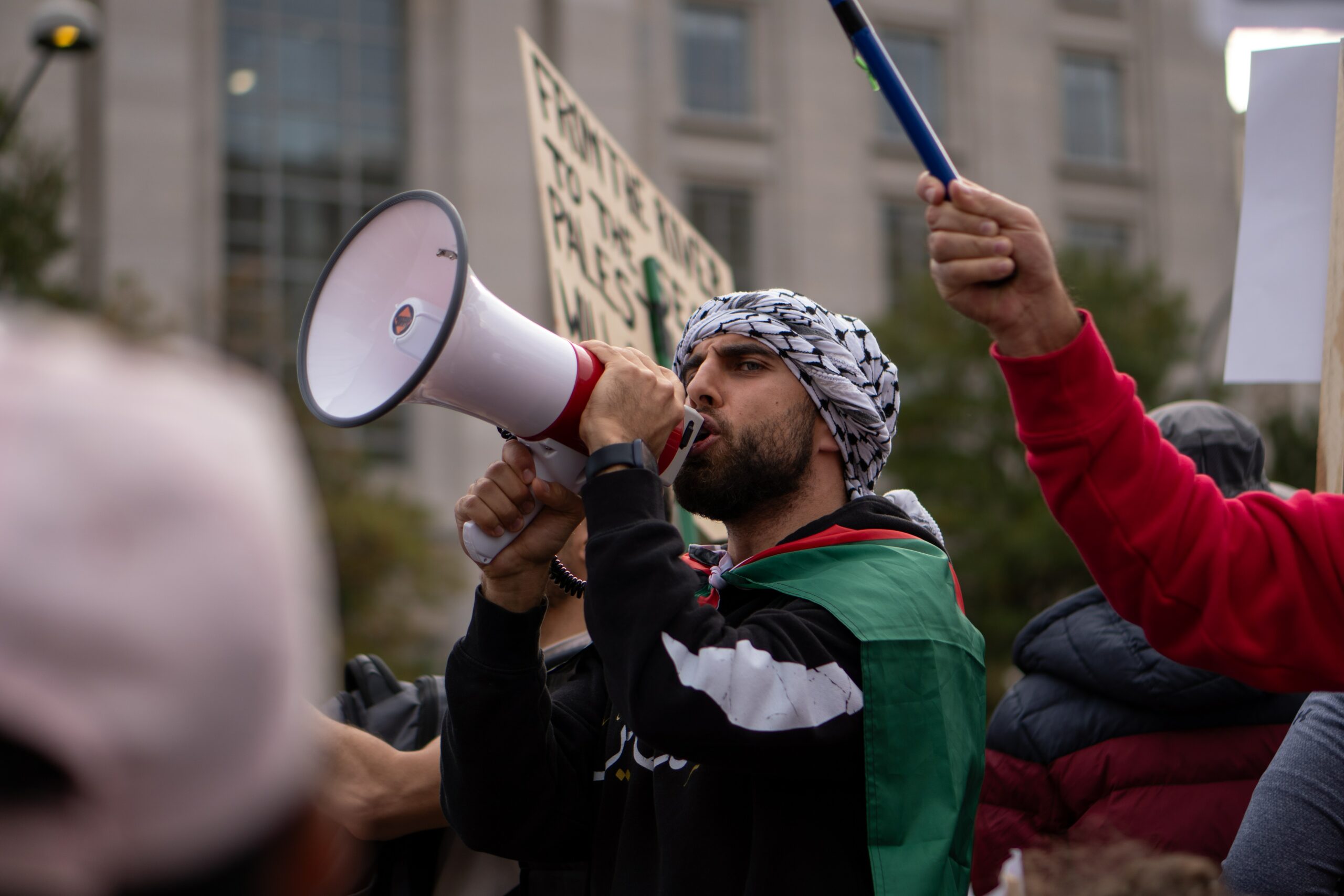The power that students hold on global issues
Students can make a difference just by choosing where to buy their coffee.
It’s the week of final exams. The last stretch. You plop your greasy head on the desk and review your notes one more time before sleep takes over. This time, your drool wakes you. Your head crashes into the empty coffee cups and energy drink cans. Your drained body craves the only thing you’ve been consuming for the past two weeks: caffeine.
A study done by the National Library of Medicine shows that 92 per cent of students consume some form of caffeine. Coffee is the primary source of caffeine for most students. Another research study from Villanova University shows that the maximum recommended caffeine consumption is about 200-300 mgs a day, however, students consume up to 400-500 mgs of caffeine per day.
This means that students make up a major part of the large coffee corporation consumer base. These cafes offer a spot for students to study with their peers and socialize while enjoying a nice cup of coffee, matcha, or loose-leaf tea. But the impacts of students, their consumption of coffee, and their effects on these corporations weren’t fully realized until recently with the Starbucks boycott.
On October 9, 2023, Starbucks Workers United, an affiliate of the Service Employees International Union, made a pro-Palestine post on social media calling for “Solidarity with Palestine!” two days after Hamas attacked Israel. In response, Starbucks sued Workers United over defamation and trademark infringement, citing that some stores were vandalized. Starbucks Workers United sued the company back, stating Starbucks defamed them by insinuating the union stands for terrorism and violence.
According to Business Insider, “Starbucks’ response distancing itself from the union’s pro-Palestine posts subsequently angered some pro-Palestine supporters, leading to additional calls for customers to boycott the brand.”
The Starbucks Corporation has lost US$11 billion in value since November 2023 due to boycotts. The iconic green logo on the Starbucks cup is now seen by many as a symbol of oppression just as the keffiyeh has become a symbol of resilience worn by Palestinians and those who stand with Palestine. Images of blood in a Starbucks cup are trending throughout social media depicting the relationship between Starbucks and the ongoing genocide. As protests and boycott lists circulate on social media, people and influencers feel a sense of accountability and power when choosing to purchase from certain brands or ethical small businesses.
As tensions grow in Gaza, and Palestinians face an ongoing genocide, social media campaigns are circulating to start boycotting companies who are directly or indirectly supporting conflict and Israel’s persecution of Palestinians. This sort of consumer activism was established in recent years, notably, during the Black Lives Matter Movement in 2020, when companies were seen actively participating in performative activism as a way to market to consumers.
Students still love their coffee. But they’re now choosing other corporations that don’t have a political agenda. We are the next generation that will fund the corporate world. Being involved in global issues and exposing ourselves to news of the ongoing genocide and colonization of Palestine is important so that we don’t step into the shoes of these brands and continue this performative activism, and instead, help punish these corporations’ political agendas.
Our reliance on mass consumerism brings forth the question of ethical consumerism. Are our universities and educational institutions advocating for and teaching students how to be ethical shoppers as a proactive way to combat environmental and global issues like the Palestinian genocide?
The funding of these war crimes is not only leached through taxpayers but also the pockets of the masses through daily consumerism. According to the Congressional Research Service, the US gave US$3.8 billion in aid—the vast majority for military assistance—to Israel, a commitment made under the Obama administration. Brands have also taken the initiative to send donations to the Israeli Defense Force, which is carrying out these war crimes against innocent Palestinian civilians. The question to ask ourselves is why are our favourite coffee shops, haircare brands, or clothing franchises supporting the killing of innocent civilians? Why do brands that market to children, teens, or seniors get involved in funding armies?
Students will take over the corporate world in the coming generations. The power we hold lies in the future. Palestinian occupation has been an ongoing crisis for the last 75 years. The ethnic cleansing of the Palestinian identity has been an ongoing issue for generations. Students all have individual talents and skills bolstered by various educational backgrounds to bring something different to the table.
The University of Toronto Mississauga is filled with educated and bright individuals, who can each make an effort to combat global issues with their unique skills. Writers can write, preachers can preach, and we all can play a vital role as individuals with endless talents to spread awareness. This generation of students has the potential to bring on the change many before them failed to, by changing the corporate and government worlds and making a decision as small as choosing where to buy their coffee.
Associate Features Editor (Volume 50) — Rafiqa is a recent graduate from the Professional Writing and Communication program in which she wrote her first novel The Custard Apple Tree, an ode to her grandmother who survived the 1947 India-Pakistan Partition. Drawing on her background as an author specializing in historical fiction and a love for storytelling, Rafiqa hopes to bring forward compelling articles challenging Western narratives and societal stigmas and bridging a pathway for diversity. She hopes her experience at The Medium will be a platform for her to bring unheard and oppressed voices to be heard through human interest stories and other interesting articles!


